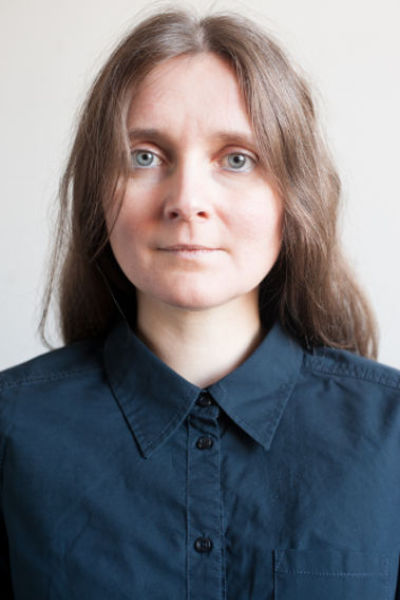Marion Poschmann

Marion Poschmann is often associated with the nature writing tradition because of the haunting images she conjures up of the natural world. In 2017, she was the first author to be awarded the German Prize for Nature Writing. In Nature Writing, descriptions of nature often come as a critique of civilisation. This applies not only to the US-American writers who shaped the genre, but also to Marion Poschmann's texts, which tell of the drastic changes to our world. Her poetry collection "Nimbus" (2020) focuses on the increasing environmental degradation and the consequences of climate change.
In her novel "Die Kieferninseln" (The Pine Islands) (2017), Marion Poschmann describes a journey to Japan. The protagonist Gilbert Silvester wants to immerse himself in nature but in Japan nature is no longer intact; the landscape is scarred by the nuclear catastrophe that took place in Fukushima. In her poetry collection "Nimbus", Marion Poschmann places the melting permafrost of Siberia at the centre of a cycle of poems. She reflects on the disastrous "plastic miracle", which in her childhood still represented a promise of prosperity, consumption and progress, only to become a symbol of waste and devastation a few years later. In her poems, Marion Poschmann succeeds in depicting the consequences of the excessiveness of the Western lifestyle without getting caught up in making specific accusations.